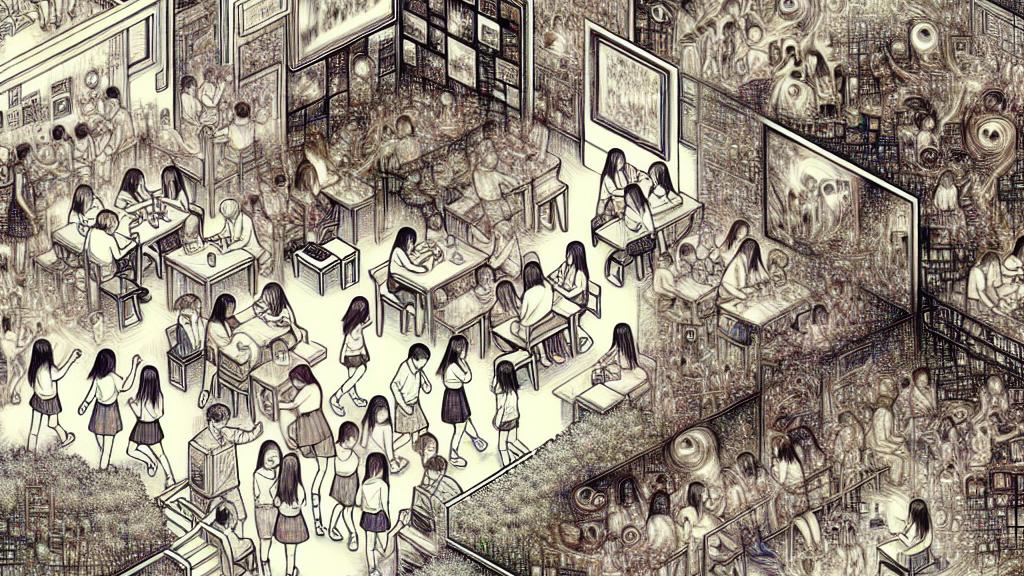When Fun Turns Fake: The 'Homeless' Scandal of Japanese TikTok Stars!
Overview
- Misleading interpretations of Japanese TikTok videos are spreading abroad.
- Foreign commentators mislabel joyful clips as reflections of homelessness.
- Importance of accurate media representation for cultural understanding.

The Issue of Media Misrepresentation
In contemporary Japan, TikTok serves as a vibrant platform where youth express themselves through energetic and fun content, often showcasing their adventures in cafes, parks, and social events. However, these lighthearted videos have been misinterpreted by some international audiences who inaccurately describe them as 'documentaries' of homeless lives or social issues within Japanese society. This situation reflects a broader concern regarding how media representations can distort public perception, transforming innocent enjoyment into a misleading narrative that stereotypes a culture's complexities.
Cultural Context Overlooked in Misinterpretation
Japanese culture thrives on community, social interaction, and leisure, which is vividly presented in the enthusiastic TikTok videos created by young individuals. However, when these snippets are viewed without context, they can lead to misunderstandings. For example, leisurely enjoying a day out with friends in Japan is a common practice, not indicative of homelessness. This misinterpretation exposes a significant gap in cultural awareness; it is essential for global viewers to approach foreign media with openness to understanding diverse cultural significances, rather than imposing preconceived notions based on limited observations.
The Urgent Call for Accurate Representation
This phenomenon emphasizes the pressing need for accuracy in media representation in our interconnected world. As viral trends circulate, the risk of generating false narratives about social realities increases, particularly when viewers lack the background necessary to fully comprehend the illustrated scenarios. Content creators, digital platforms, and audiences alike hold a shared responsibility to foster an environment of accurate portrayal. By prioritizing contextualization and educational efforts in media literacy, we can break down harmful stereotypes and cultivate a more nuanced conversation about cultural expressions. Ultimately, this will not only enhance the public's understanding but also respect the intricacies of cultures worldwide.

Loading...